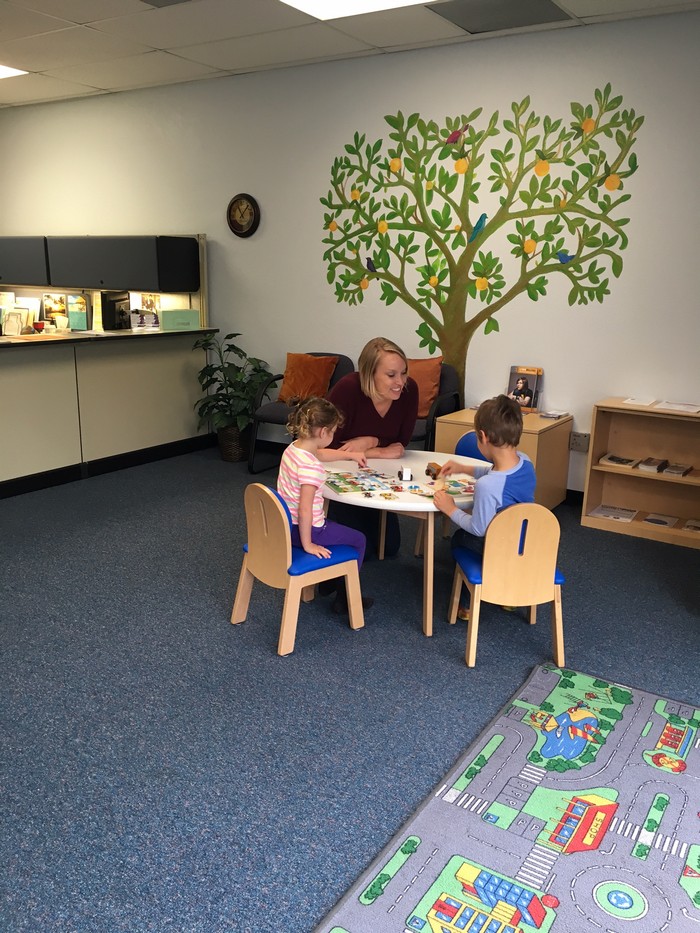Two agencies are working in tandem to give parents the extra help required to overcome challenges.
By Gail Field
When a family has trouble creating a safe place for their children because of drug use, trauma, neglect, or other serious causes, they have a place to turn to for help in Ventura County. As it stands, there’s already an open issue with the parent to child communication. Various schools across the USA have turned to alternatives to make parents more proactive and increase their engagement with their young ones. As an example, School Status has been rolled out in hundreds of schools to increase communication between the parents and teachers to better improve their educational qualities. Along with School Status and Children & Family Services of Ventura County they are working to close this barrier.
Two agencies, Children & Family Services of Ventura County and the non-profit Kids & Families Together are working in tandem to give parents the extra help they need through the Therapeutic Visitation Center, which opened in Ventura in 2014.
The work at the Visitation Center focuses on helping families who have suffered incidents of trauma and abuse by providing counseling and strategies for overcoming these challenges. Both the County and Kids & Families Together recognize that children who have suffered abuse and neglect can ultimately thrive in the care of their parents, as long as their parents work diligently to overcome issues that can create unsafe conditions.
In cases where the courts order that a child be removed from the home, the child is placed in the care of a relative or a foster family for their safety. The Therapeutic Visitation Center plays a key role in working toward the reunification of the family.
Children separated from their parents can experience a high level of anxiety, and regular visitation with the parents can be very important. At the Therapeutic Visitation Center parents can participate in a program designed to help bring harmony into the family relationships.
Family Support Specialist Savannah Eden explains: “The therapist meets with parents and children together at the Visitation Center where children are able to play with toys in the room during a session. In real time, the therapist provides counseling for the parents and models effective parenting behavior with the child. For example, children who have suffered family trauma generally do not respond to traditional ways of punishment and reward. When a clinician demonstrates respect for the child in the tone of voice and words used, the parent can see models of alternative ways to engage with the child and learn from such examples during their sessions at the Center.”
In many cases, the parent has experienced family trauma in his or her childhood as well and counseling is provided to address these issues as well. Clients are encouraged to tell the truth if they backslide or fail to meet milestones of improvement. “Here at the Therapeutic Visitation Center we give support to get the parent back on the right track,” says Eden. “It is not uncommon for parents in the therapeutic process to make mistakes along the way. We understand this, and consistently tell the clients that they must tell the truth and face their mistakes so that they may be corrected. The most successful cases are ones in which parents acknowledge their mistakes and have the courage and intent to make corrections with the help of the counselor. For example, a client may slide in their attempt to get off drugs and instead begin using them again. By telling the counselor the truth, they face up to the challenge, and the therapist can support them, helping the client to get back on track.”
The Therapeutic Visitation Center serves as the champion of the clients, encouraging them and giving them tools to get off drugs, to improve their parenting skills, and to better their relationships within the family.
By working with parents in 26 therapeutic sessions, the program helps them better understand their parenting strengths, as well as any family patterns that work against a safe family environment.
Program Manager Crystal Cummings recognizes the positive impact that family counseling and visitation can have. “With strong communication and parenting skills as well as renewed commitment, families can be happier, more stable, and mutually supportive. This stability fosters strong responsible citizens, which in turn strengthens the community as a whole.”

